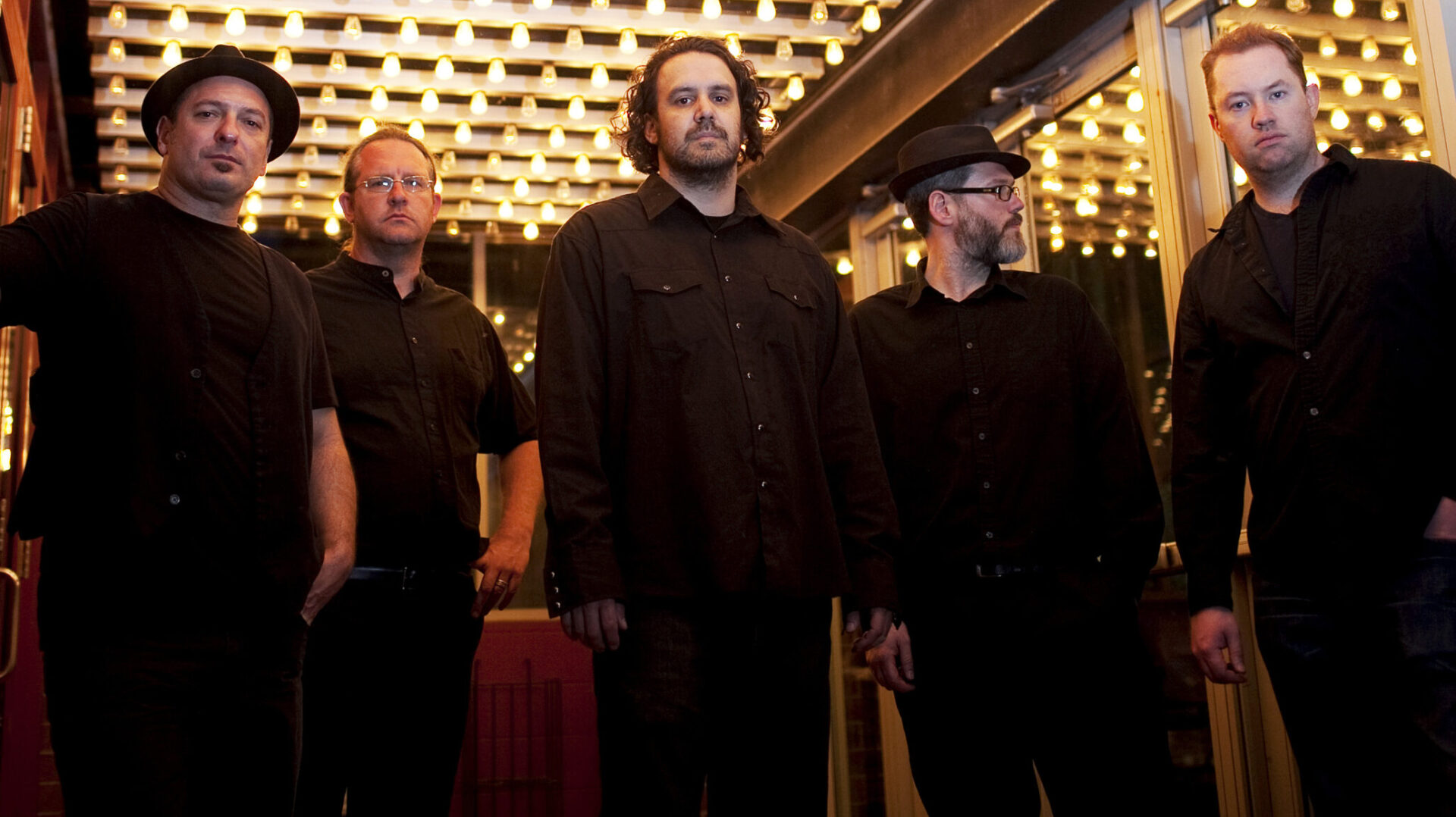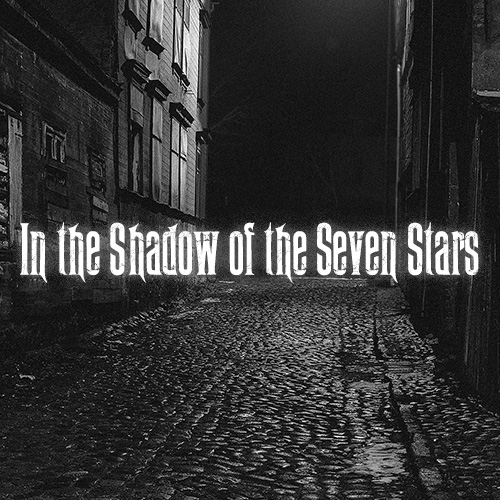Swallows
In the Shadow of the Seven Stars
Poplitiko
By Alex Ness
Originally published on May 29, 2021
The work being considered comes from a collective of artists I’ve recently written about, have been moved by, and since Autumn 2019 I’ve interviewed two members of the band. I was blown away by the intellect and awareness of their creative life. This work is a consideration of the life and tragic death of Frances Cole, who might have lost her life in the streets of Whitechapel, at the hands of Jack the Ripper. And just as I mentioned my bias about enjoying Aaron Kerr’s ODIN in a previous article, coming from a mutual interest in the Viking culture and age, I have a positive bias regarding this work too.*
The CD has a story to tell, that of the dead woman, the killer and those who live in and around the two and the events of the time. Frances Cole was murdered in 1891, in a fashion less brutal than the canonical five, but still dead. If she was killed by the same hand, he was not acting as he had, or was interrupted in his act. But the story is solid, and moving. From the story of the woman, to the hunt by the killer, and society changing from innocent witness to eager readers of the porn-like vulgar news stories, there is a powerful lesson of tragedy. But, the rhythm of the story is strangely less dramatic as it is presenting a story where the power is found in the events, not the framing of the story. You hear the cries of murder, you see the step by step intricate trail and path of the killer, and you see how society mourns the dead, first in horror, and by the end of the work, they mourn the dead as being almost inevitable results of the society’s guilt.
This work is one that anyone can enjoy, but people who’ve studied the Jack the Ripper historical story will find much to appreciate. This isn’t vulgar use of the dead, or their chosen labor field, it tells a story, and whispers and shouts for the listener to note various details that are powerful. Frances Cole may or may not have been one of the Ripper’s victims. But she was surely murdered, and the dichotomy of [whether] is she a victim of the specific killer or is she just a victim, isn’t necessary to choose. There is a worthwhile sense of loss and horror at the relative worth people place upon life, and specifically upon life of a woman in the streets. One of the most interesting notes in the story of this CD is that of the person who trails who they think is the murderer, who has left Whitechapel for America.
I am moved by this CD, for the sound, story, and layers of meaning. The musicianship is insanely good. The layers of sound are built to linger in the mind, as there are electric modern sounds alongside the timeless instruments of classical music. The lead singing by Jeff Crandall is quite remarkable. He uses different vocal styles, he evokes numerous sorts of talents and range. There will be those who say Tom Waits as the most likely in similarity, but his voice is good in all of the many forms used. The backing vocals on the CD all added to an ethereal quality. This is a sorrow song, that is only accentuated and made great by the diverse talent of Crandall’s lead singing and layered background vocals.
My favorite songs were “Boneyard,” “In the Shadow of Seven Stars,” “Bring Your Dead Back Home.” “The Boneyard” in particular speaks to a sense of loss and timelessness, where the listener has no choice but to realize, we are all living with no way out of dying. The somber tone and layered sound are perfect for an album of this sort. Beyond my favorites, the album has no bad or boring cuts. The work is not hard to listen to, while at the same time, who would have thought of a concept album with an understanding of a subject and work so hard at creating an aesthetic power that is nearly unique in the fields of music it dances within. I’ve listened to this over 50 times in the last two months. It hasn’t lost an ounce of power in so doing.
*I’ve read over three dozen books, watched more than a dozen documentaries, and read through copies of original documents surrounding the murders and tracking of Jack the Ripper. I did all this researching for when I wrote my own book, from the perspective of the Ripper if he wrote poetry about his killings. I’d asked others to add to the work with their perspectives. One of the additional people was writer who was both a paralegal and researcher with a great amount of True Crime reading and expertise. Another writer was a Prison Guard who had a store house of info in her mind worth listening to. My choice of killer was first suggest by author James Tully who pointed his finger with his research towards a fellow named James Kelly, a man who’d killed his wife, blamed prostitutes for his contracting sexually transmitted diseases, worked in Whitechapel as an upholstery ripper, under the false name John Miller. Jack is often used as a nickname for men named John. The chosen labor field of being a ripper gave him another name, and certainly familiarity with his tools of slaughter. He escaped from Broadmoor mental Asylum. For me he was the best candidate choice of a killer, in that, he was known to kill, hated the class of women who were killed, had training in his tools of trade, and he was also able to flee the region due to inheriting money from his mother, a woman he hated who he believed to be a prostitute herself. The James Tully book is titled “Prisoner 1167: The Madman who was Jack the Ripper.” I think it is a fine book, and whatever issues some various researchers might have, it is able to prove that Kelly was easily among the best argued suspects, even if particularly motivated Ripperologists disagee.

